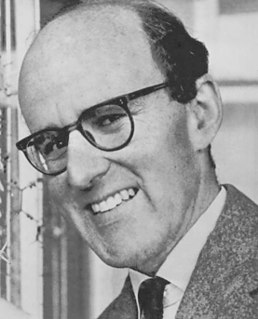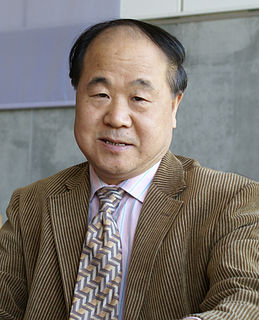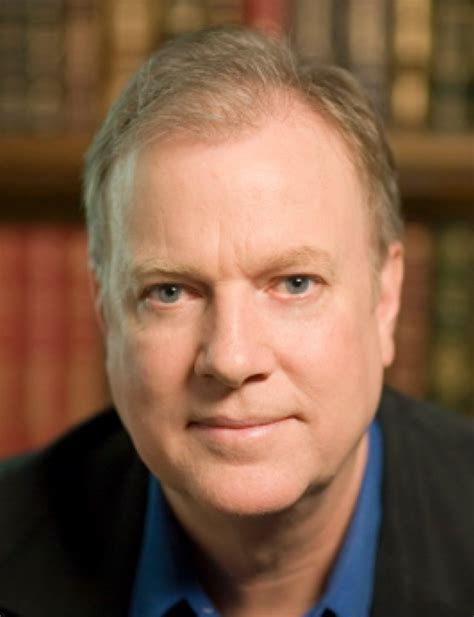A Quote by Kenzaburo Oe
I am one of the writers who wish to create serious works of literature which dissociate themselves from those novels which are mere reflections of the vast consumer cultures of Tokyo and the subcultures of the world at large.
Related Quotes
I think that one of the visions that is closest to reality is the cardboard city in the subway station in Tokyo, which is based very closely on a series of documentary photographs of people living like that and of the contents of the boxes. Those are quite haunting because Tokyo homeless people reiterate the whole nature of living in Tokyo in these cardboard boxes, they're only slightly smaller than Tokyo apartments, and they have almost as many consumer goods. It's a nightmare of boxes within boxes.
The point about sales is relevant because it suggests there are cultures out there that are supporting and consuming, on a vast scale, challenging works of literature. Works of literature that in the United States would sell only a few thousand copies, if they managed to find a publisher at all. The success of these texts in Spain or Italy or wherever contributes to a kind of national conversation that we're perhaps not having here in the U.S.
The same tantalizing guile and sublime skill....[The series is] reinforced in its claim to be one of the major literary works of this century....Only two other writers that this reviewer can think of have each created an entire, discrete and compelling world, a totally believable entity which one might wish to inhabit, and they are Joyce and Proust. It is not pretentious to place Patrick O'Brian in the first canon of literature.
Scientists like myself merely use their gifts to show up that which already exists, and we look small compared to the artists who create works of beauty out of themselves. If a good fairy came and offered me back my youth, asking me which gifts I would rather have, those to make visible a thing which exists but which no man has ever seen before, or the genius needed to create, in a style of architecture never imagined before, the great Town Hall in which we are dining tonight, I might be tempted to choose the latter.
Zen's greatest contribution is to give you an alternative to the serious man. The serious man has made the world, the serious man has made all the religions. He has created all the philosophies, all the cultures, all the moralities; everything that exists around you is a creation of the serious man. Zen has dropped out of the serious world. It has created a world of its own which is very playful, full of laughter, where even great masters behave like children.
Let me roughly divide books into those which compete with the movies and those with which the movies cannot compete. They are the books that can elevate or instruct. If they are fine works of fiction, they can deepen your appreciation of human life. If they are serious works of nonfiction, they can inform or enlighten you.
Those who create the wealth naturally want to keep it and devote it to their own purposes. Those who wish to expropriate it look for ever more-clever ways to acquire it without inciting resistance. One of those ways is the spreading of an elaborate ideology of statism, which teaches that the people are the state and that therefore they are only paying themselves when they pay taxes.
Many writers struggle with exposition in their novels. Often they heap it on in large chunks of straight narrative. Back story – what happens before the novel opens – is especially troublesome. How can we give the essentials and avoid a mere information drop?
Use dialogue. First, create a tension-filled scene, usually between two characters. Get them arguing, confronting each other. Then you can have the information appear in the natural course of things.
I demand that the world be good, and lo, it obeys. I proclaim the world good, and facts range themselves to prove my proclamation overwhelmingly true. To what good I open the doors of my being, and jealously shut them against what is bad. Such is the force of this beautiful and willful conviction, it carries itself in the face of all opposition. I am never discouraged by absence of good. I never can be argued into hopelessness. Doubt and mistrust are the mere panic of timid imagination, which the steadfast heart will conquer, and the large mind transcend.






































